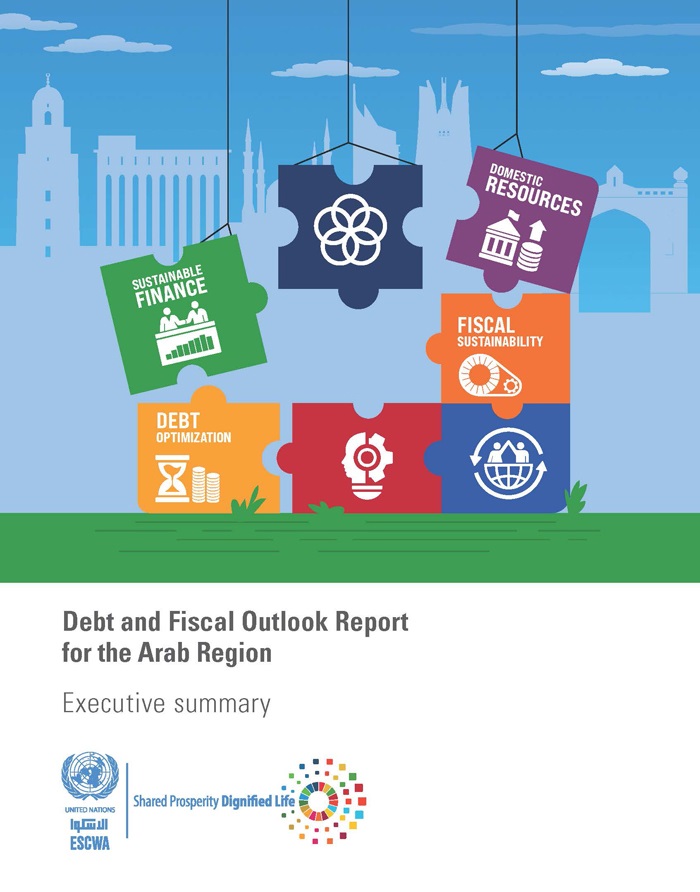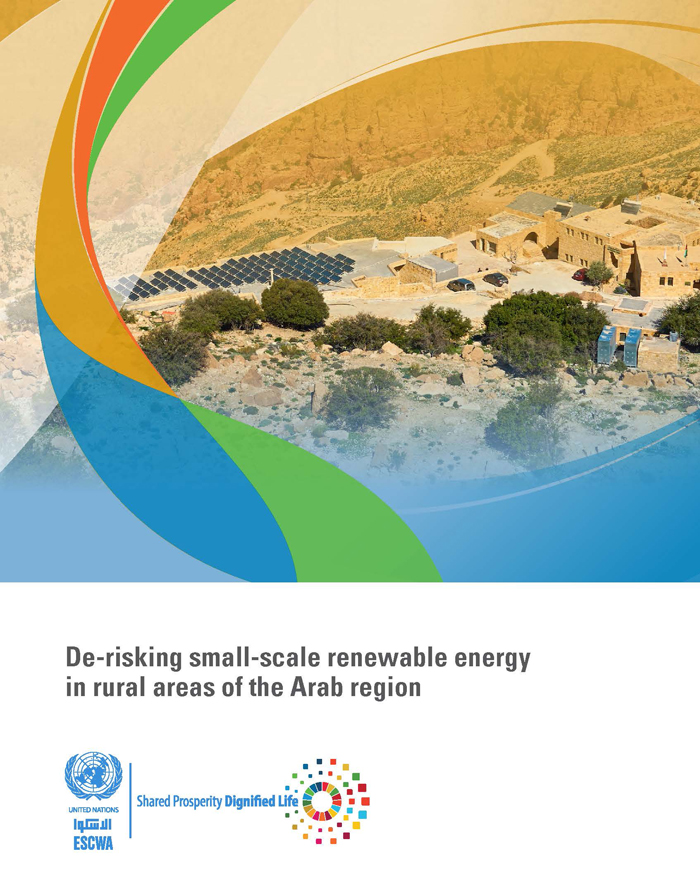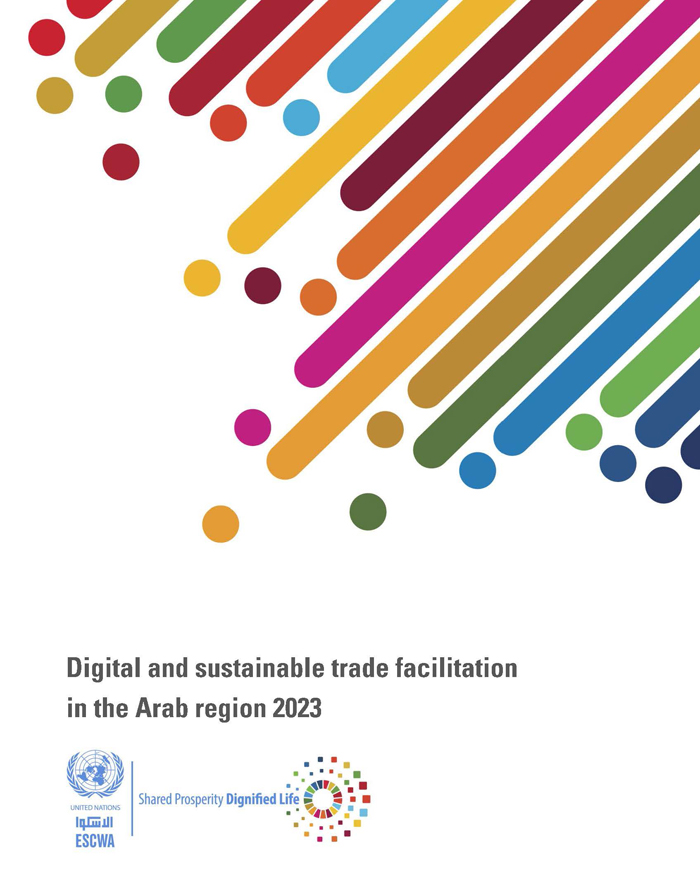
ESCWA Publication: E/ESCWA/CL3.SEP/2024/2
Country: Arab region
Publication Type: Flagship publications
Cluster: Shared Economic Prosperity
Focus Area: Debt and fiscal policy, Financing for development, Macroeconomics
Initiatives: Arab Financing for Development Scorecard, Debt Optimization to Enhance Fiscal Space, Artificial Intelligence Budgeting, Arab Financing for Development Gateway, Climate/SDGs Debt Swap, Public finance and inclusive fiscal policy, Enhancing integrated national development planning, Illicit Financial Flows
SDGs: Goal 3: Good Health and Well-Being, Goal 4: Quality Education, Goal 8: Decent Work and Economic Growth, Goal 9: Industry, Innovation and Infrastructure, Goal 11: Sustainable Cities and Communities, Goal 12: Responsible Production and Consumption, Goal 13: Climate Action
Keywords: Arab countries, Debt management, Development finance, Financial flows, Financial instruments, Financial resources, Government spending policy, Public debt, Public expenditures, Resilience, Resources mobilization, Sustainable development, Tax revenues
Debt and Fiscal Outlook Report for the Arab Region
November 2024
The Debt and Fiscal Outlook Report for the Arab Region provides a comprehensive analysis of different flows of finance – domestic resources, debt and innovative financing instruments – that can expand fiscal space to support sustainable development. The report recognizes that current financing challenges are immense. However, it also demonstrates how the region could tap significant additional resources.
Rising debt burdens, interest rate hikes, inefficient expenditure and crises all weigh on public budgets. Such constraints are compounded by limited access to concessional finance and systemic global inequities. Together, these issues are steadily eroding essential services, impeding growth and increasing inequality.
To ease fiscal strains, the report presents a package of recommendations aimed at both national and international actors. Measures encompass domestic reforms to improve equity and efficiency in public spending, enhance tax mobilization, optimize debt portfolios and increase the use of innovative financial instruments. In tandem, the report urges reforms to achieve a fairer global financial system. This requires steps such as reorienting credit rating methods and debt sustainability frameworks to support public investment that is critical for growth and inclusive development.
Implemented together, report recommendations offer a comprehensive roadmap for the Arab region in its quest to achieve fiscal resilience, ensure debt sustainability and unlock new sources of financing for sustainable development.
Related content
Debt and fiscal policy
, Financing for development
, Macroeconomics
,
The Debt and Fiscal Outlook Report for the Arab Region provides a comprehensive analysis of different flows of finance – domestic resources, debt and innovative financing instruments – that can expand fiscal space to support sustainable development. The report recognizes that current financing challenges are immense. However, it also demonstrates how the region could tap significant additional resources.
Rising debt burdens, interest rate hikes, inefficient expenditure and crises all weigh on public budgets. Such constraints are compounded by limited access to concessional finance and systemic global inequities. Together, these issues are steadily eroding essential services, impeding growth and increasing inequality.
To ease fiscal strains, the report presents a package of recommendations aimed at both national and international actors. Measures encompass domestic reforms to improve equity and efficiency in public spending, enhance tax mobilization, optimize debt portfolios and increase the use of innovative financial instruments. In tandem, the report urges reforms to achieve a fairer global financial system. This requires steps such as reorienting credit rating methods and debt sustainability frameworks to support public investment that is critical for growth and inclusive development.
Implemented together, report recommendations offer a comprehensive roadmap for the Arab region in its quest to achieve fiscal resilience, ensure debt sustainability and unlock new sources of financing for sustainable development.



